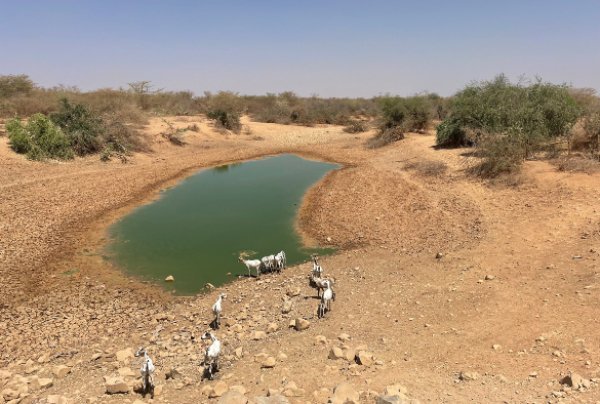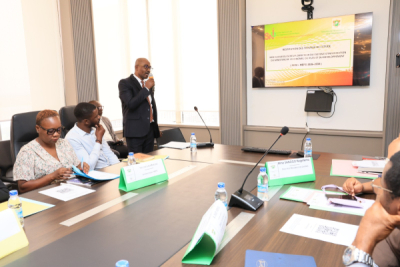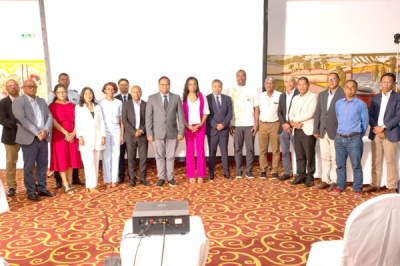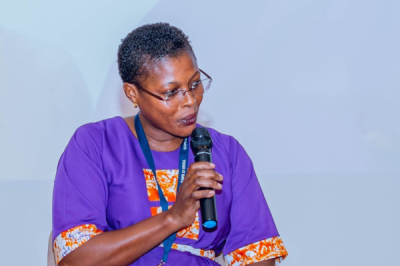During the coronavirus pandemic, technology played a key role in the fight against the virus, demonstrating its usefulness for other public health issues plaguing Africa.
The University of Liverpool announced, Friday (February 3) that one of its research teams is developing a digital tool to predict infectious diseases in the Horn of Africa by working with partners in Italy, Kenya, Ethiopia, Uganda, and Somalia.
By using climate data, the CLIMate Sensitive DISease Forecasting Tool (CLIMSEDIS) will identify key climate combinations that can cause several climate-sensitive diseases, including mosquito-borne diseases such as the Rift Valley fever.
"The CLIMSEDIS project is timely as it will focus on one of the most vulnerable regions to climate change, extreme weather events, and infectious disease outbreaks globally. It will engage with key multidisciplinary stakeholders to better understand their needs for a digital forecasting tool and involve them in assessing CLIMSEDIS to ensure it is functional, user-friendly, and acceptable.CLIMSEDIS will be freely available to improve risk assessments and implement intervention strategies in advance to help mitigate or reduce the impact of an impending disease outbreak event. This will optimize resources and save lives," explained Louise Kelly-Hope a researcher from the University's Institute of Infection, Veterinary and Ecological Sciences.
The five-year project is funded, to the tune of GBP0.5 million (US$602,523), by Wellcome, a global charitable foundation that supports science to solve pressing health problems facing the world. The funding is part of the GBP22.7 million funding package announced (three days earlier) by the foundation to support the development of new, cutting-edge digital tools to help transform preparations and responses to devastating outbreaks.
The funding follows a Wellcome-commissioned study published last year. The study found only 37 fully developed climate-sensitive infectious disease (CSID) modeling tools in the world and most of them were created in North America and Europe, underscoring the need for greater global representation.
According to the study "Global expansion and redistribution of Aedes-borne virus transmission risk with climate change," regional rate of climate change is likely to determine the future transmission risk landscape of Aedes, mosquito species that are the primary vectors of dengue, Zika virus, chikungunya, and yellow fever. East Africa is one of the regions where transmission risks are expected to greatly increase.
Muriel Edjo



















